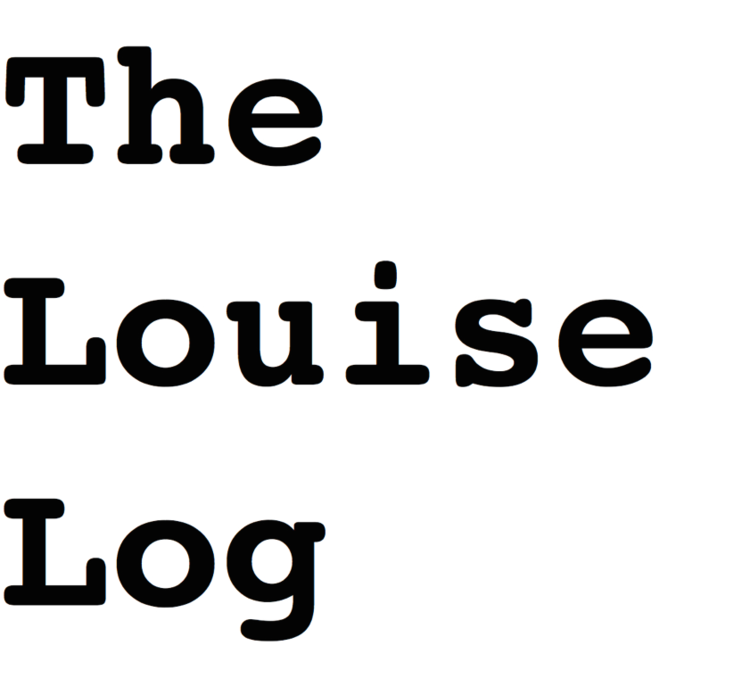As a young artist, I was fixated on improving my mind. To say I'd had an undistinguished academic career would be an understatement. I'd been a jock and a self-styled Miss Popularity and, on these strengths, (to my surprise) barely made it into college. Only the panicky thought of wearing pantyhose under fluorescent lights (as someone's secretary) motivated me to get with the program and try to learn something.
A 'D' on my first paper in Mr. Pearce's 'American Literature 101', accompanied by a comment along the lines of: "You can't write." sent me running to the one strength I knew I had - visual memory. And so I majored in Art History. I loved looking at art, dates and names stuck to images in my brain and I did well. But by senior year it was clear that, not having the math skills for architecture school or the demeanor for a museum job or academic life, my choices were narrowing. The only thing I really loved and was good at was drawing. I remember making the decision then and there in the early Spring of senior year: I'd work at mindless jobs to support myself and devote my whole energy to being an artist.
The fact of being pretty much uneducated was a thorn in my side. I read slowly and with rare exceptions before graduating from college, would fall asleep as soon as I opened a book.
A famous older artist took me under his wing when I was in my mid-20's. He introduced me to the work of European conceptual artists and gave me books: an anthology of modern philosophy ("Very gossipy") and novels by Paul Valéry and Polish authors with unpronounceable names. Somehow I came upon Wittgenstein's Blue and Brown Books and became obsessed with it, reading it over and over, shredding the binding.
This mentor was a bonafide workaholic and bragged about having been in his studio every day all day since his early 20's. Whenever he asked what I was working on, I cringed as my 'work' was generally trying to come up with 'a more brilliant idea' than whatever had occurred to me and so was pretty much always working on 'nothing'.
One time, buoyed by Wittgenstein, I answered his challenge saying I was trying to do only what I was doing. As a telephone receptionist at Cinelab, a 16mm reversal lab in midtown Manhattan, I was mostly answering the phone. There were fluorescent lights and a terrible chemical smell in the air but at least I could wear jeans. Five buttons for five phone lines were the focus of my days and I was trying to be present, to be aware of the mouthpiece, the cord and to the conversation with the messenger service or the filmmaker checking on her job. I didn't have the nerve to say it but I was definitely trying to get to the existential truth of my life. I expected to get a look of disapproval from my famous mentor and still remember my surprise at his hearty approval.
Until reading The Power of Less, I'd forgotten all about this practice. But today, I'm eating and only eating (when I'm eating alone) not scrolling through my phone, reading a paper or eating at my desk as I continue to work. It feels like a life of indescribable luxury to be released from the internal pressure to cram as much activity as humanly possible into every minute. I figured I'd feel resentful, that I have so much to do cause I want to Go BIG. Instead, life feels richer, fuller. And I feel HAPPIER. Clearer. Is it possible this is the result of letting go and simply doing less? Or is it something about my astrology this summer? I suspect both.


